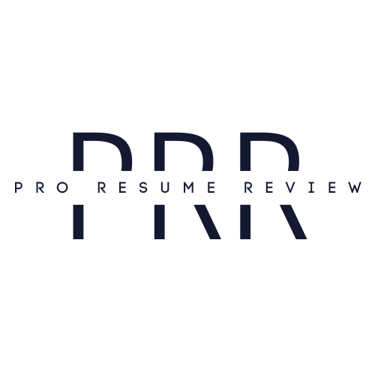Everyone Makes Mistakes at Work
Here's how to handle yours like a pro


Starting a new job comes with a lot of learning. No matter how prepared or motivated you are, mistakes will happen. That’s not a flaw—it’s part of growth. What matters most isn’t avoiding every misstep (which is impossible), but how you respond when something goes wrong.
Let’s talk about the different types of mistakes, why they matter, and how to handle them in a way that earns trust and helps you grow in your career.
Different Kinds of Mistakes
Not all mistakes are created equal. Knowing what kind of mistake you’ve made helps you figure out the best way to move forward.
Small Slip-Ups
These are simple, everyday errors—misspelling a name in an email, forgetting to CC someone, being a few minutes late to a meeting. They’re usually not a big deal, but they can add up if they happen too often.
Process Mistakes
These involve misunderstanding or skipping a step in how things are done—like using the wrong format for a report or not following approval procedures. They often signal that you need more training or clarification.
Communication Missteps
Sometimes the mistake isn’t what you did, but how it came across—maybe you sent an email that sounded too blunt or didn’t loop in the right person. Communication errors can cause confusion or tension, but they’re fixable with awareness and adjustment.
Serious Errors
These could cost time, money, or credibility—like missing a deadline that delays a project or sharing confidential information by accident. Serious doesn’t mean career-ending, but it does mean you need to take it seriously.The Right Way to Respond
No matter the size of the mistake, here’s a step-by-step way to handle it professionally:
Own It (Quickly and Honestly)
Whether you spot the mistake yourself or hear about it from someone else, it’s important to own up to it. Avoid making excuses or blaming others. Saying something like “I understand what went wrong, and I’m taking responsibility” can make a big difference.
Inform the Right Person
Let your manager or the relevant person know as soon as possible. Be clear and calm. You don’t have to panic—just explain what happened and what you’re doing to fix it.
Offer a Solution
Even if you don’t know how to fix it completely, offer a next step. “I caught the error in the report and I’m working on a corrected version now. I can have it to you in an hour—does that work?” shows accountability and initiative.
Learn from It
Ask yourself: Why did this happen? Was it a lack of information? A rushed decision? Not asking for help? Mistakes are learning moments—if you take the time to reflect, you’ll reduce the chance of repeating it.
What Not to Do
Cover It Up
Trying to hide a mistake almost always makes it worse—and breaks trust. Most managers care more about how you respond than the mistake itself.
Shut Down
If you take it too personally or start doubting yourself completely, you’ll make it harder to bounce back. Everyone makes mistakes—even senior leaders.
Ignore Feedback
If someone gives you constructive feedback, take it seriously. You don’t have to be perfect—you just have to be open to learning.
What to Say If You Mess Up
Here are a few phrases you can keep in your back pocket:
“Thanks for catching that—I see the issue now and I’ll fix it right away.”
“I realize I misunderstood the instructions. That’s on me, and I’ll make sure to double-check next time.”
“I made a mistake on [X]. I’ve started correcting it, and I wanted to keep you in the loop.”
Simple, direct, and professional.
Mistakes Are Part of Learning
If you’re new to the workforce, it’s easy to feel like a mistake means you don’t belong or that you’re not cut out for the job. But the truth is, even the best employees mess up sometimes. What separates great professionals from the rest isn’t perfection—it’s humility, honesty, and the ability to grow.
You’re not expected to know everything. You are expected to learn.
Hey New Grads — Ready to Nail Your Next Interview?
Download 5 Interview Tips Every New Grad Should Know — FREE Guide Here!
Learn what recruiters actually want to hear—and how to prep smarter without burning out.
